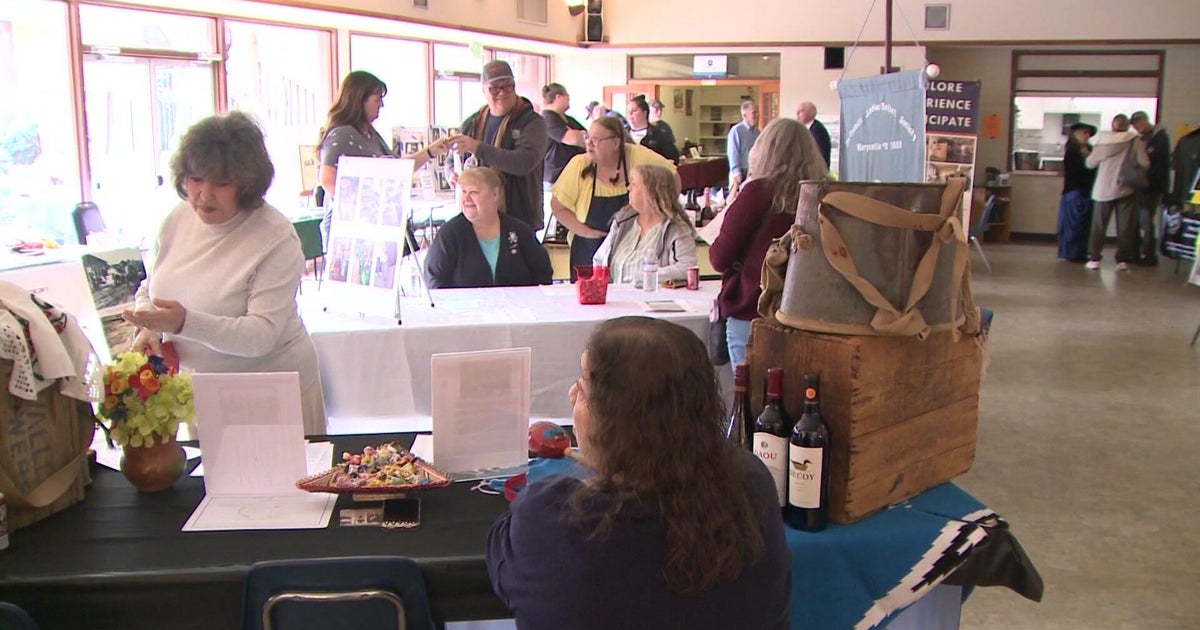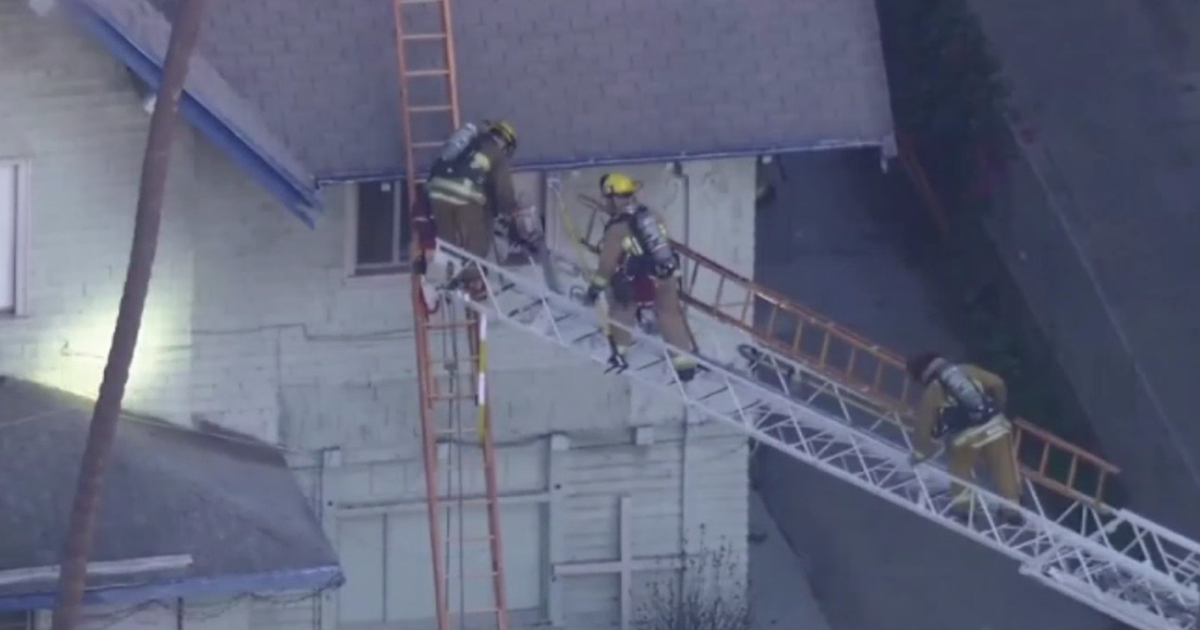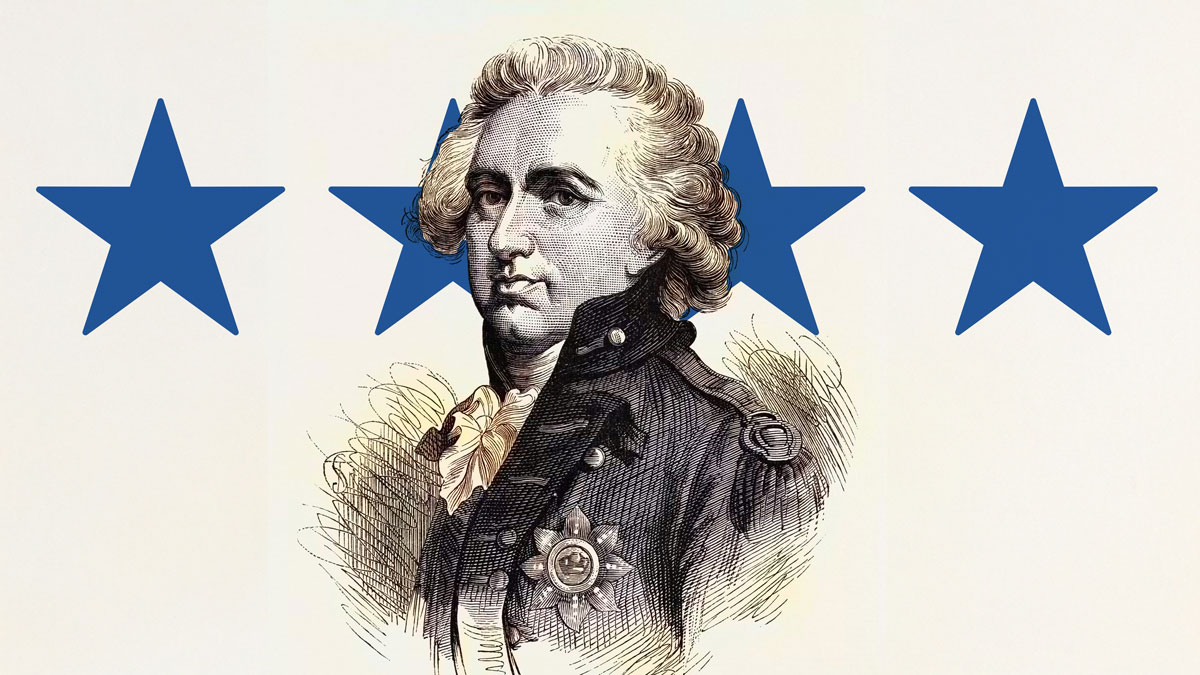The surprisingly partisan history of Memorial Day
This week marks the 150th anniversary of Memorial Day, but even those who stopped to remember the fallen may be surprised by the fascinating history of the occasion.
"It was partisan. It was divisive. It was a long time before the country celebrated as one and that really took until 100 years ago – and World War I," historian and bestselling author Kenneth C. Davis said on "CBS This Morning" Monday.
Memorial Day, which was first called Decoration Day for the flowers placed on the graves of fallen soldiers, began in 1868. But even that date is disputed.
"Some towns say they were doing it earlier than 1868. But this year, 1868, was important because a former Union general, a very prominent man named John Logan, said we should do this on May 30, 1868," Davis explained.
An important point to remember, according to Davis, is that Logan was strictly referring to Union soldiers when he made the proclamation.
"He was talking about Union soldiers, those fighting the rebellion of tyranny as he called it and also to free those in chains. So it's clearly related to the emancipation of slaves and Civil War, but that's why the Confederate states set up their own decoration days," he said.
But the "deep enmity" between the North and the South was part of the holiday even before then as Arlington National Cemetery was taken out of property owned by Confederate General Robert E. Lee.
"It did take World War I when Americans came together and fought together 100 years ago in 1918 to make the holiday more of an inclusive national holiday and, of course, that was when it was decided to build the Tomb of the Unknown," Davis said.
Partisanship continued to be a part of Memorial Day even when it became an official federal holiday in 1971 -- a time when the country was deeply divided over the Vietnam War.
"Memorial Day lost some of its appeal perhaps as the country couldn't separate out their feelings about an unpopular war and the feelings of the military," Davis said. "We've done a better job of that I think nowadays. Even though we don't always agree with the war, we know that the men and women who are fighting are doing that. They chose to do that. They're fighting for the country. And they are not the ones who chose the war."



